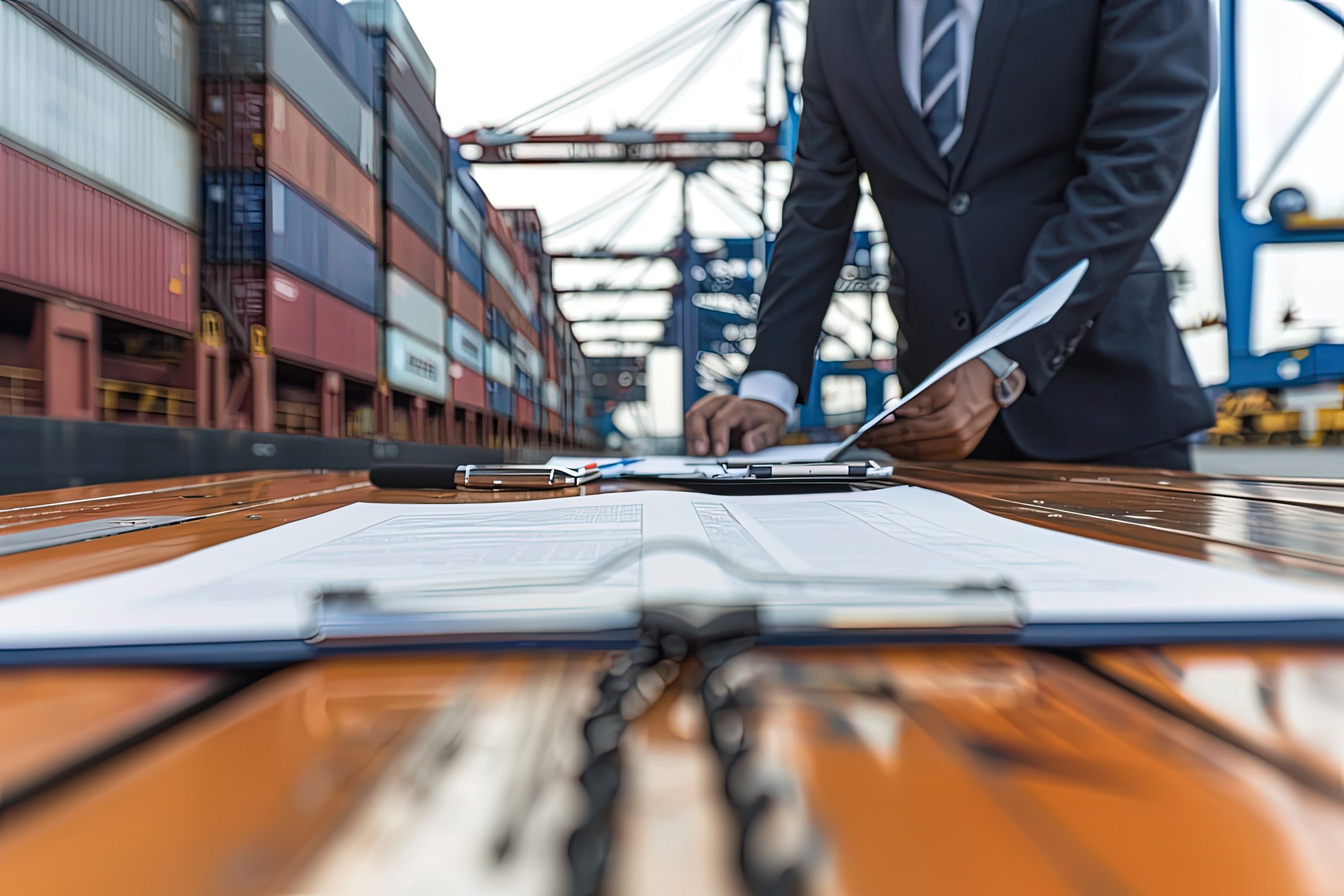In the realm of international freight logistics, compliance is a cornerstone of successful operations. Navigating the complex web of regulations, customs requirements, and international trade laws can be challenging. However, ensuring compliance is crucial to avoid penalties, delays, and disruptions in the supply chain. This blog post explores key compliance considerations for businesses engaged in international shipping and logistics.
Understanding International Trade Regulations
Know Your Trade Agreements
International trade agreements, such as NAFTA, the European Union Customs Union, and various bilateral agreements, dictate the terms of trade between countries. Understanding these agreements helps businesses take advantage of reduced tariffs and streamlined customs procedures.
Key Consideration: Stay updated on relevant trade agreements and their implications for your business. Leverage the benefits provided by these agreements to optimize your logistics operations.
Adherence to Import and Export Laws
Each country has its own set of import and export laws that must be adhered to. These laws cover a wide range of areas, including prohibited goods, restricted items, and specific documentation requirements.
Key Consideration: Familiarize yourself with the import and export regulations of the countries you are trading with. Ensure that your goods comply with these regulations to avoid fines and delays.
Customs Compliance
Accurate Documentation
Customs documentation is critical in international shipping. Key documents include the Bill of Lading, Commercial Invoice, Packing List, and Certificate of Origin. Accurate and complete documentation ensures smooth customs clearance.
Key Consideration: Double-check all documentation for accuracy and completeness. Ensure that all required documents are prepared and submitted on time to facilitate efficient customs processing.
Tariff Classification
Every product shipped internationally must be classified under the Harmonized System (HS) code. Accurate classification determines the tariffs and taxes applicable to the goods.
Key Consideration: Use the correct HS codes for your products. Misclassification can lead to incorrect tariff payments and potential legal issues.
Compliance with Security Regulations
International shipping is subject to stringent security regulations to prevent illegal activities such as smuggling and terrorism. Programs like the Customs-Trade Partnership Against Terrorism (C-TPAT) and the Authorized Economic Operator (AEO) program aim to enhance supply chain security.
Key Consideration: Participate in relevant security programs and comply with their requirements. Implement robust security measures to protect your supply chain and expedite customs processes.
Managing Trade Restrictions and Sanctions
Understanding Sanctions and Embargoes
Certain countries, entities, and individuals are subject to trade sanctions and embargoes. Conducting business with these parties can result in severe penalties.
Key Consideration: Regularly review and update your knowledge of current sanctions and embargoes. Implement a compliance program to screen all trading partners against sanctioned party lists.
Licensing Requirements
Some goods, such as dual-use items and military equipment, require special licenses for export. Failure to obtain the necessary licenses can lead to significant penalties.
Key Consideration: Determine whether your products require export licenses and apply for them well in advance. Keep track of the status of your licenses to ensure compliance.
Leveraging Technology for Compliance
Automated Compliance Solutions
Technology can simplify compliance processes. Automated compliance solutions help manage documentation, classification, and screening tasks efficiently.
Key Consideration: Invest in automated compliance software to streamline your operations. Ensure that the software is regularly updated to reflect the latest regulations and requirements.
Real-Time Tracking and Monitoring
Real-time tracking systems provide visibility into the movement of goods, helping businesses ensure that shipments comply with regulations at every stage.
Key Consideration: Implement real-time tracking systems to monitor your shipments. Use these systems to identify and address compliance issues promptly.
At Transnova Logistics, our mission is to help you maximize efficiency and drive growth through superior logistics solutions. Our modern warehouses, cutting-edge technology, and dedicated team provide the support you need to manage your inventory effectively and focus on expanding your business. With flexible storage options, customized solutions, and robust inventory management tools, Transnova is your partner in achieving logistical excellence.
